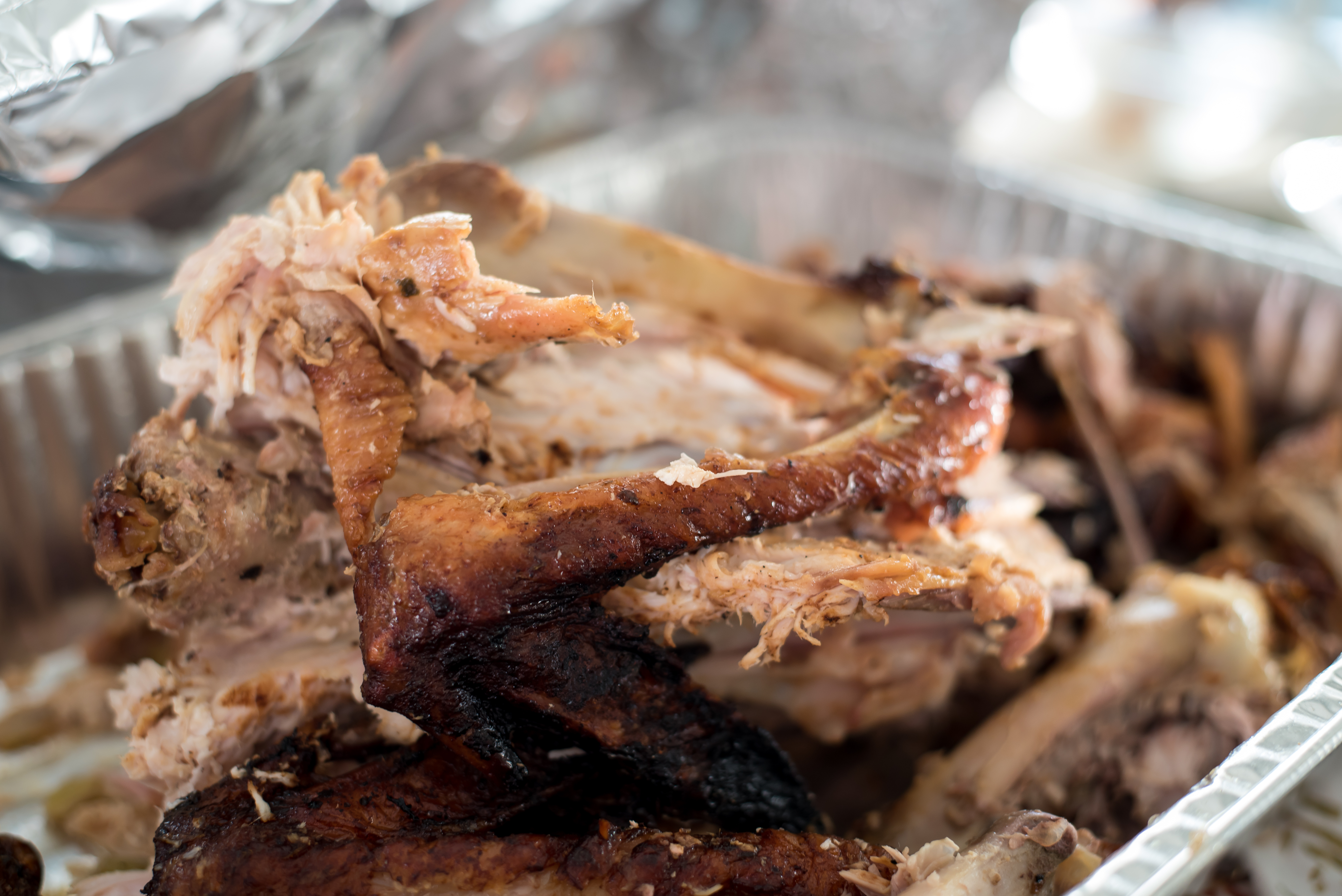
Importing Meat, Poultry & Egg Products to the United States
Summary
The Food Safety and Inspection Service is the U.S. Department of Agriculture's public health regulatory agency that protects consumers by ensuring that meat, poultry and egg products are safe, wholesome, and accurately labeled. A substantial amount of imported meat and poultry products are available to American consumers.
In the United States, FSIS regulates meat, poultry and egg products. However, all remaining foods are regulated by the Department of Health and Human Service's Food and Drug Administration (FDA). As such, there are different import requirements for different types of imported food.
Comparison of the FSIS & FDA Import Process
FDA relies solely on port-of-entry inspection. FSIS, on the other hand, works collaboratively with the importing establishment's government and uses a three-part process to verify that other countries' regulatory systems for meat, poultry and egg products are equivalent to that of the U.S. and that products entering the U.S. are safe and wholesome.
FDA's inspection requirements are company specific, meaning companies must register with FDA before importing food products other than meat, poultry and egg products.
FSIS, instead of dealing directly with individual companies, coordinates with the government of the country before accepting meat, poultry or egg products for sale into U.S. commerce.
The FSIS Reinspection Process
- Every day, FSIS carries out a stringent and comprehensive program designed to ensure the safety and wholesomeness of imported meat, poultry and egg products.
- Thirty-three countries are eligible to import meat and poultry products to the U.S. In 2002, meat and poultry product imports were 3.8 billion pounds (1.7 million metric tons).
- Reinspection begins with FSIS determining that a country's federal inspection system is equivalent to that of the U.S. While other countries' meat, poultry and egg product regulatory systems do not need to be identical to the FSIS system, they must employ equivalent measures that provide the same level of protection against food safety hazards.
- FSIS uses a comprehensive system that involves document reviews, on-site audits and port-of-entry examinations of every shipment of product that enters the United States.
- The term reinspection is appropriate because all products are previously inspected and passed by the importing country's equivalent inspection system. Thus, reinspection is a second level of protection for the American public.
- Each meat, poultry and egg product shipment enters the country under the authority of U.S. Customs and USDA'S Animal and Plant Health Inspection Service (APHIS) and is transferred to FSIS where inspectors visually inspect every shipment as well as its accompanying documentation.
- FSIS import inspectors stationed at ports-of-entry across the country conduct in-depth, random reinspection of selected shipments as directed by a centralized computer programmed to identify products that may be problematic.
- A new system for random selection of shipments was implemented in the fall of 2002. Shipments are reinspected at a frequency that provides a 95 percent confidence level that any problem affecting the safety or wholesomeness of the product will be identified by FSIS inspectors.
- The new system is a more scientific approach to sampling because it assures that sampling is spread across all types of products that are imported from another country. As a result, FSIS can be assured that all products under FSIS jurisdiction, regardless of the volume imported to the United States, are sampled. In general, the higher risk ready-to-eat products are being sampled at a higher rate.
- In September 2002, FSIS began to deploy the first of its 20 new, highly-trained FSIS Import Surveillance Liaison Inspectors in major ports across the U.S. to conduct intensified oversight activities, with an emphasis on biosecurity concerns. They work closely with other Federal agencies to ensure our nation's biosecurity efforts are seamless.
FSIS Import Application Process
- To import to the U.S., countries must first complete the FSIS eligibility application package. To ensure that this process goes smoothly, FSIS provides as much advice and guidance as needed to other governments concerning any portion of the process.
- When FSIS receives the completed application, it conducts an initial document analysis to compare the country's inspection system sanitary measures with the ones that are applied in the U.S.
- After reviewing the entire application, FSIS decides whether the foreign food regulatory system for meat, poultry and egg products is equivalent to the FSIS regulatory process. Additionally, FSIS makes certain that the other country's regulatory system provides the same level of public health protection that is attained in the U.S.
- If it is determined that both of these objectives are met then FSIS sends a multidisciplinary team of experts to that country to conduct an on-site audit of its entire meat, poultry or egg products regulatory system. This is done in order for FSIS to verify that the country has satisfactorily implemented all laws, regulations, and other inspection or certification requirements cited in the initial application.
- After the on-site audit has been successfully completed, FSIS will publish a proposed regulation, which proposes to add the country to FSIS' list of eligible exporters. There is a period of time in which the Agency must collect public comments to this proposed regulation to help FSIS make a final decision as to whether the country can be eligible to export meat, poultry or egg products to the U.S.
- It is important to note that FSIS does not conduct food inspections in another country, nor does it certify individual foreign establishments for export to the U.S. After it is determined that a country has an equivalent food regulatory system, FSIS will rely on that system to carry out daily inspection and then re-inspect upon arrival at U.S. import stations.
- Any foreign establishment that desires to export to the U.S. must apply to its own government, and that country's chief inspection official must certify to FSIS a list of all establishments in that country that meet FSIS' import requirements.



